#nebula as in stars and space dust
Explore tagged Tumblr posts
Text
“I’m fine. I just need a drink. And guns. And an arm.” That’d be in order of priority, I presume
#i love her your honor#nebula#mcu nebula#what if#what if?#what if spoilers#I never know what to tag her to separate her searches from like#nebula as in stars and space dust#what if...?
19 notes
·
View notes
Text




✨⚜️🤎⚜️✨Interstellar Gold✨⚜️🤎⚜️✨
#gifs(edits) made by me :)#assassin1513#mystical#mystic#stars#space#space vibes#space aesthetic#outer space#lost in space#gold#golden#gold aesthetic#golden aesthetic#glitter#milkyway#milky way#cosmos#to infinity and beyond#infinity#star#gold dust#magic#star cluster#nebula#astrology#astronomy#void#deep space#universe
1K notes
·
View notes
Text

Comet Atlas in Stars and Dust
2K notes
·
View notes
Text
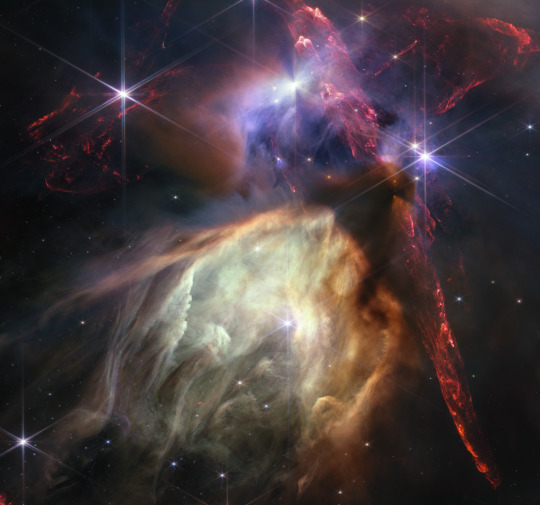
Rho Ophiuchi cloud complex, the closest star-forming region to Earth. It is a relatively small, quiet stellar nursery, but you’d never know it from Webb’s chaotic close-up. Jets bursting from young stars crisscross the image, impacting the surrounding interstellar gas and lighting up molecular hydrogen, shown in red. Some stars display the telltale shadow of a circumstellar disk, the makings of future planetary systems.
Credits: NASA, ESA, CSA, STScI, Klaus Pontoppidan (STScI)
#jwst#jameswebb#space#unvierse#universo#astronomia#astronomy#cosmos#cosmology#cosmologia#stars#dust#nebula#nebulosa#nasa#telescope
1K notes
·
View notes
Text
Space




















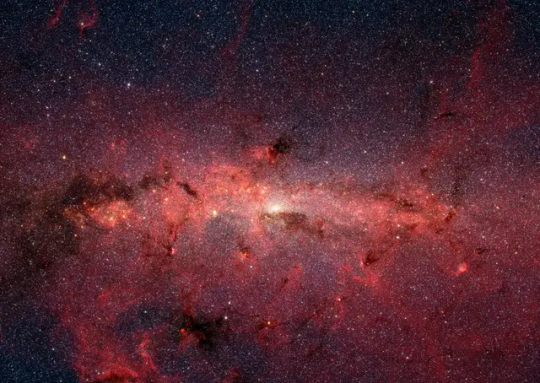

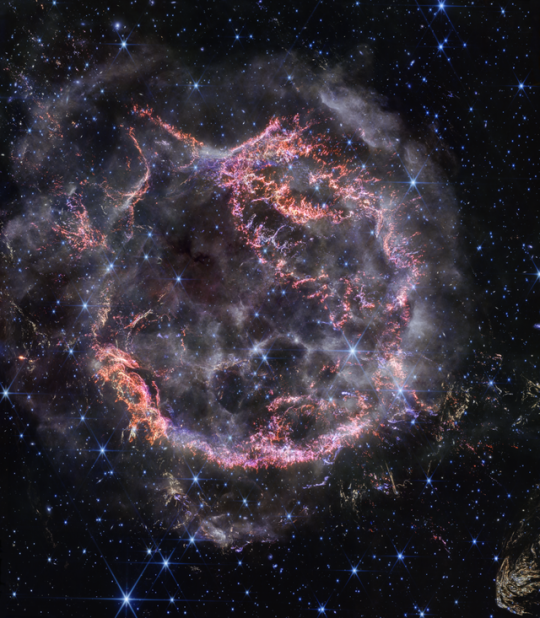
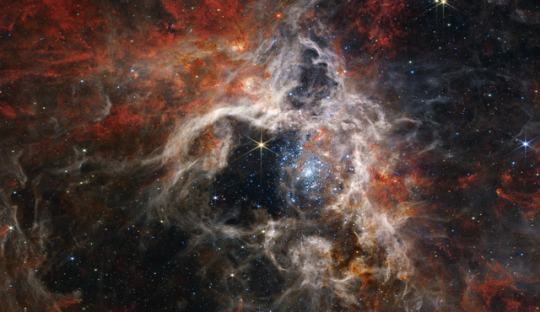




Space is one of my most important special interests; I could talk about the complexities of my feelings towards it for hours and, if you were to let me, I'd probably fall in love with you afterwards. I found all of these images on google, most (if not all) of them are from NASA, so go check out their website for more space photos
#outer space#space#autism#special interest#nebula#space dust#nurodivergent#i love space#its so beautiful#colour spectrum#bright colors#stars#planets#solar systems#love#nasa#nasa photos#astronomy#space facts#facts about space#op is a space nerd
91 notes
·
View notes
Text

No Walls In The Space- Eva Nev; 2022
#space#outer space#space art#nebula#cosmic#cosmos#universe#galaxies#watercolor#paintings#mystical#mysterious#otherworldly#artists#beautiful#beauty#escape#pretty#art#colorful#spiritual#healing#stars#space dust#nature#calm#pretty art#blue#purple#orange
127 notes
·
View notes
Text
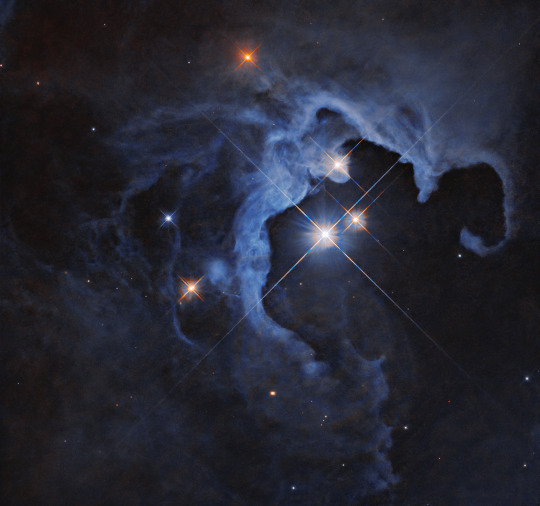
Hubble Views the Dawn of a Sun-like Star | Hubble Space Telescope
Looking like a glittering cosmic geode, a trio of dazzling stars blaze from the hollowed-out cavity of a reflection nebula in this new image from NASA’s Hubble Space Telescope. The triple-star system is made up of the variable star HP Tau, HP Tau G2, and HP Tau G3. HP Tau is known as a T Tauri star, a type of young variable star that hasn’t begun nuclear fusion yet but is beginning to evolve into a hydrogen-fueled star similar to our Sun. T Tauri stars tend to be younger than 10 million years old ― in comparison, our Sun is around 4.6 billion years old ― and are often found still swaddled in the clouds of dust and gas from which they formed. As with all variable stars, HP Tau’s brightness changes over time. T Tauri stars are known to have both periodic and random fluctuations in brightness. The random variations may be due to the chaotic nature of a developing young star, such as instabilities in the accretion disk of dust and gas around the star, material from that disk falling onto the star and being consumed, and flares on the star’s surface. The periodic changes may be due to giant sunspots rotating in and out of view. Curving around the stars, a cloud of gas and dust shines with their reflected light. Reflection nebulae do not emit visible light of their own, but shine as the light from nearby stars bounces off the gas and dust, like fog illuminated by the glow of a car’s headlights. HP Tau is located approximately 550 light-years away in the constellation Taurus. Hubble studied HP Tau as part of an investigation into protoplanetary disks, the disks of material around stars that coalesce into planets over millions of years.
Credits : NASA, ESA, G. Duchene (Université de Grenoble I); Image Processing: Gladys Kober (NASA/Catholic University of America)
#astronomy#NASA#space#hubble space telescope#stars#ESA#Taurus#star#nebula#HP Tau#cosmic dust#light#fav#ref#interstellar#triple-star system#galaxy
200 notes
·
View notes
Text

Finished Painted Commission ~ --- https://rksk.carrd.co/ [email protected]
#space#dragon#outer#black#purple#blue#star#nebula#dust#glitter#painttool sai#painting#commission#rookshocksshack#rookshock#rookshocksworkshop#digital#monster#hunter#dnd#dark#souls#final#fantasy#surreal#surrealism#hole
317 notes
·
View notes
Photo

Dust of Colors - aerroscape
177 notes
·
View notes
Text
Billions of stars, how many unimaginable worlds ? How do they perceive time and space ? How do they define and express art ? What is love for them ? What drives their pursuit of knowledge and understanding ? What existential questions intrigue them ? I wonder, a lot.
#space#physics#oppenheimer#stars#galaxies#nebula#cosmos#cosmology#quantum mechanics#quantum physics#albert einstein#stephen hawking#richard feynman#cosmic dust#benimpost#nasa#spacex#big bang
430 notes
·
View notes
Text

Stunning cosmic display !
#art#cosmos#cosmic#universe#blast#space#wallpaper#stars#light#nebula#dust#stellar#ethereal#outer space#astronomy#galaxy
39 notes
·
View notes
Photo
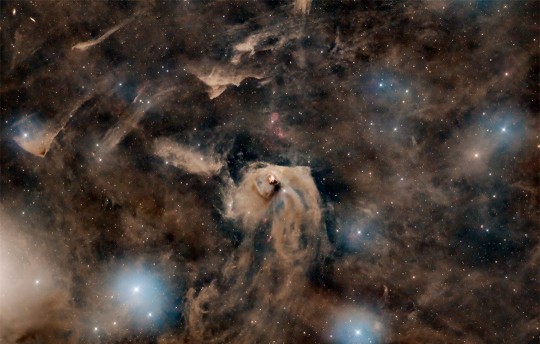
Dark Nebulae Dust in Taurus
#Astronomy#NASA#Night#Sky#Stars#Space#Science#Universe#Cosmos#Cosmic#Solar System#Dark#Nebulae#Nebula#Dust#Taurus#Galaxy#Constellations#Constellation#Rainbow#Bright
1K notes
·
View notes
Text

Space nebular cloud. A nursery for Star formation.
18 notes
·
View notes
Text









#nasa#james webb space telescope#sombrero galaxy#galaxy#MIRI#mid-infrared instrument#hubble space telescope#messier 104#m104#virgo constellation#pierre mechain#charles messier#star cluster#nebulae#celestial objects#stars#planets#spitzer space telescope#dust ring#astronomy#astronomers#milky way
7 notes
·
View notes
Text
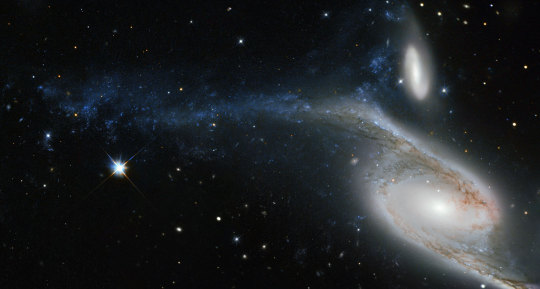
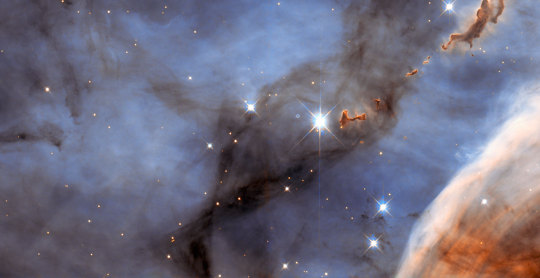
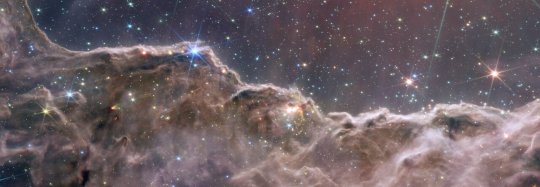

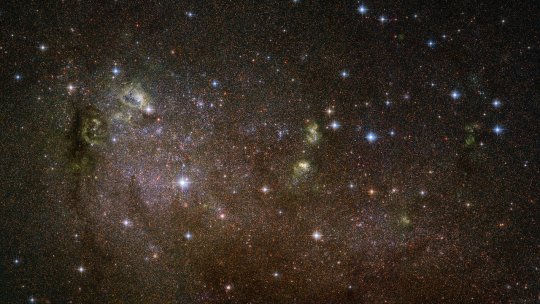
NGC 3324, Cosmic Cliffs
Carina Nebula, Mystic Mountains
NGC 6872 & IC 4976
M31, Andromeda Galaxy
IC 10
#stars#space#celestial#cosmic#cosmos#nebula#galaxies#cosmic cliffs#astral#andromeda#beautiful#beauty#escape#pretty#astrophotography#deep space#galactic#starburst galaxy#space dust#photography#carina nebula#ngc 3324#ngc 6872#ic 4976#ic 10#outer space#gorgeous#mesmerizing#nature#the unknown
586 notes
·
View notes
Text

Another star wrapped in dust.
#inprogress#nebula#art#digital art#space#stars#scifi art#universe#space art#cosmos#blue#dark#cosmic dust#artists on tumblr
11 notes
·
View notes